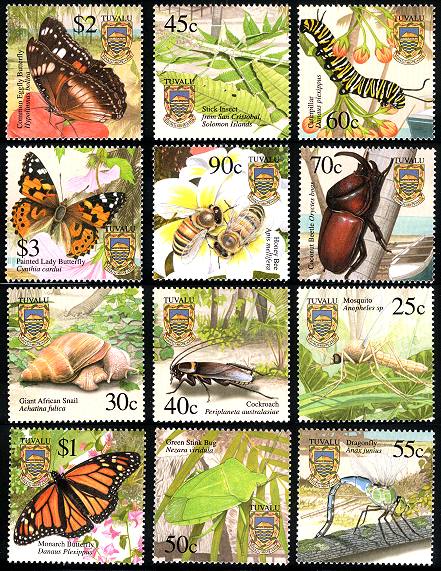A team at the University of Dundee studied more than 600 colonies across the country in 2011-12. Of 274 colonies examined in the east of the country, 58, or 21 per cent, failed. By contrast, just 14 of 286 colonies failed in the west – a smaller decline of about 5 per cent. Lead researcher Dr Christopher Connolly, of the university’s division of neuroscience, said: “What we do have in the east and not the west is intensive agriculture. “It could be that the lack of natural habitat is the cause. It may be that bees and other pollinators may not be getting such a balanced diet. In the west, it’s largely wild crops that they are feeding on, such as trees, heather and gorse. It could be that the intensive agriculture and intensive levels of pesticides are contributing to the failure of the bees." However, even within the east, there were marked differences in death rates. Colony losses in parts of Fife were as high as 30 per cent and the Tweed Valley figure stood at 19 per cent. Edinburgh recorded losses of less than 6 per cent last year. A further study led by Dr Connolly analysed colony failures over winter across the country. Of 89 colonies that had fed on oilseed rape, 27 failed, a death rate of 30 per cent. By contrast, 13 out of 82 colonies which had not fed on oilseed rape died – a smaller failure rate of 16 per cent. Dr Connolly believes nicotine-based pesticides, neonicotinoids, may be contributing to the deaths of bees feeding on the crop, which is more commonly grown in the east. He said: “All oilseed rape is treated with neonicotinoids, you can’t buy it without it being pre-treated with neonicotinoids. Although it’s a legal requirement for farmers to record what pesticides they use on their crops, and when, that information is never gathered and stored in a central store. It’s not available to anybody. That information is missing and that is what I’m pushing for. If we can’t even learn from our mistakes, what hope have we got?”
Source: Scotsman, 25 February 2013
http://www.scotsman.com/news/environment/honey-bee-survival-rate-better…

- Log in to post comments
